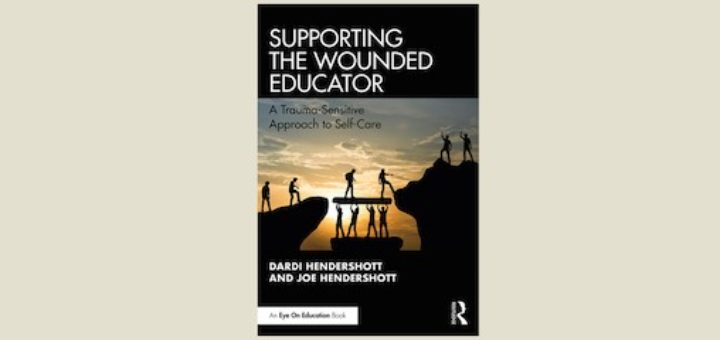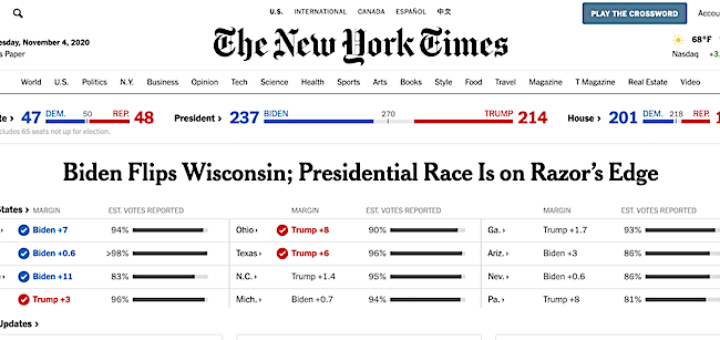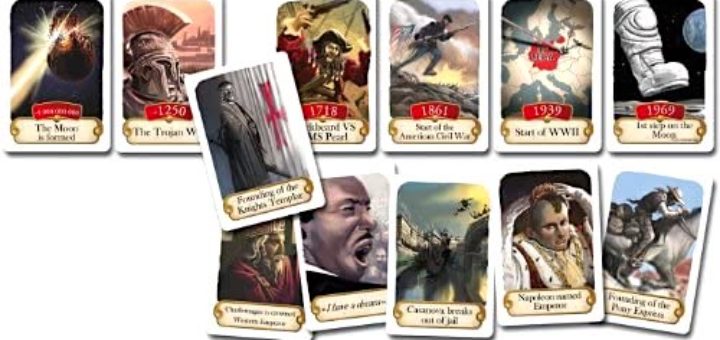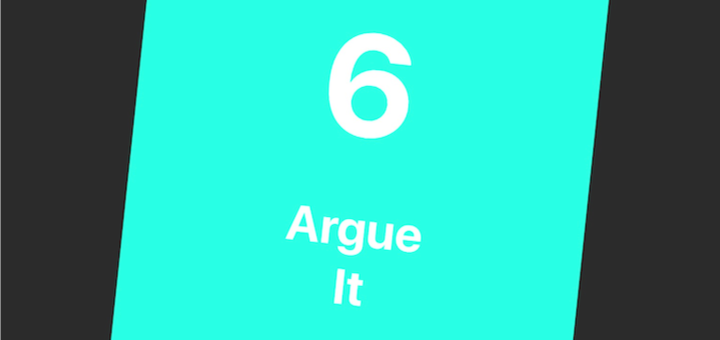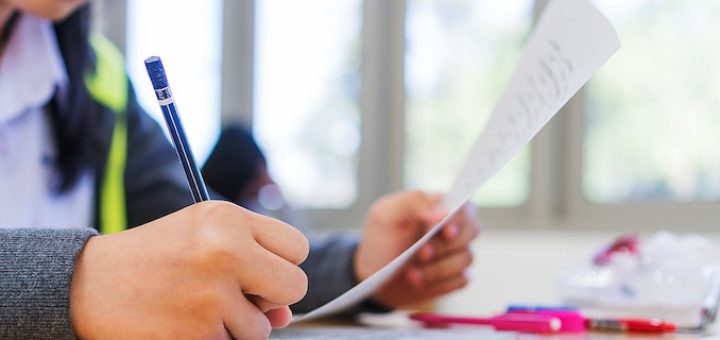Teaching and learning in grades 4-8
“Supporting the Wounded Educator” is an insightful and helpful book much needed right now, says teacher educator Linda Biondi. It guides teachers to focus on what they can do to lessen trauma for themselves and their community through wellness and self-care initiatives.
Here’s how Sarah Cooper taught her 8th grade social studies class today, as the nation went about determining a presidential winner. Unlike the day after the 2016 election, “I’m feeling not so much shock as the need to shore up my teaching and once again dig into difficult topics.”
When Principal Rita Platt tested positive for COVID-19 and isolated at home, her staff put pandemic plans into action while she concentrated on self-care. Writing from Wisconsin, Rita shares her coping strategies and praises her staff’s response to going all-virtual again.
In social studies we want students to visualize the relationships between historical events and be able to think chronologically. Megan Kelly has 6th graders begin with personal timelines. Other teaching tools include videos, a history card game, memes and manipulatives.
Effective questioning during remote learning doesn’t require new strategies. Consultant Barbara Blackburn suggests building questions with higher order thinking models; including questioning stems; adding cubing for student choice; and having students source their answers.
As you work with your students on grammar instruction, Sean Ruday recommends emphasizing that grammatical concepts are key parts of writer’s craft toolkit. An understanding of the precise purpose of each tool will help them become thoughtful and artful communicators.
Writing workshop can be an exciting part of the day for students in the middle, writes author and workshop expert Lynne Dorfman. Even when middle level schedules aren’t a great fit for extended workshop writing, teachers can nurture “writerly” attitudes with daily quickwrites.
It took the pandemic to convince Lauren Brown to finally check out Edpuzzle as a teaching tool. She’s quickly become a fan. Whether you are teaching live, online or in a hybrid model, Edpuzzle can be a helpful way to engage students in video content that you select or create.
After learning virtually for some weeks, many of Michelle Russell’s math students got in the habit of writing down little or no evidence of how they reached their conclusions. Which got her thinking. “What does it really mean when you tell students to show their work?”
Are your students’ annotated texts hard to make sense of? Do they underline entire sections of a source and write very few comments? This can be a huge impediment to meaningful learning for some kids. Sunday Cummins offers 4 keys to sharpening their annotation skills.

